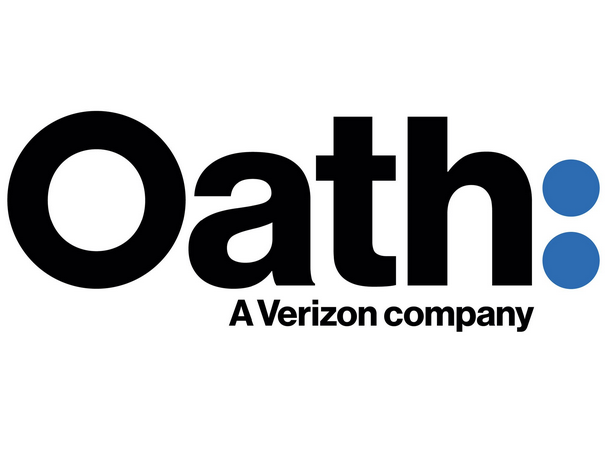Media giant Oath reported on Tuesday that it has paid out $5 million through its HackerOne-powered bug bounty program in 2018.
Oath, which owns Yahoo, AOL, Verizon Digital Media Services and TechCrunch, said the $5 million were awarded for more than 1,900 valid vulnerability reports submitted through its private bug bounty program. The company says over 300 of these flaws had a severity rating of “critical” or “high.”
 This year, the company paid five times more than in 2017 and ten times more compared to 2016.
This year, the company paid five times more than in 2017 and ten times more compared to 2016.
Of the $5 million paid out this year, over $400,000 was awarded in April during a one-day event in San Francisco, where 41 hackers from 11 countries disclosed vulnerabilities. When Oath announced the results of that event, it also informed bug bounty hunters that individual programs had been combined into one private bug bounty program.
In August, the company said the unified bug bounty program had surpassed $1 million in payouts after only two months. At the time, it also introduced a new bounty structure and committed to faster turnaround.
Oath this year also hosted live hacking events in India, Argentina, and New York City.
“Strengthening relationships with hackers that have reported vulnerabilities to Oath brands for years and getting new hackers excited about Oath has been core to our mission for the bug bounty program on HackerOne this year,” said Oath CISO Chris Nims. “Live hacking events have allowed us opportunities to interact with hackers personally, learn their stories, understand what drives them, and ultimately continue building the strongest bug bounty program possible.”
Facebook also announced recently the results of its bug bounty program for this year. The social media giant says it has paid out more than $1.1 million, which brings the total awarded since the launch of its program in 2011 to roughly $7.5 million.
Related: U.S. Air Force Announces Third Bug Bounty Program
Related: U.S. General Service Administration Launches Bug Bounty Program












